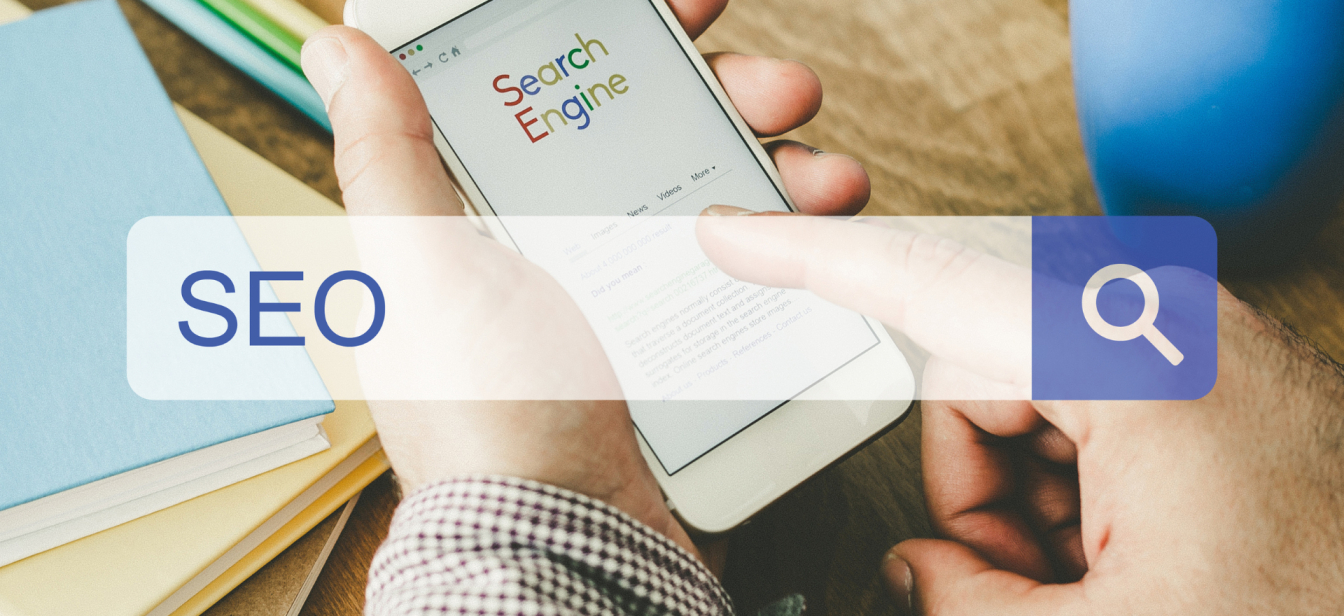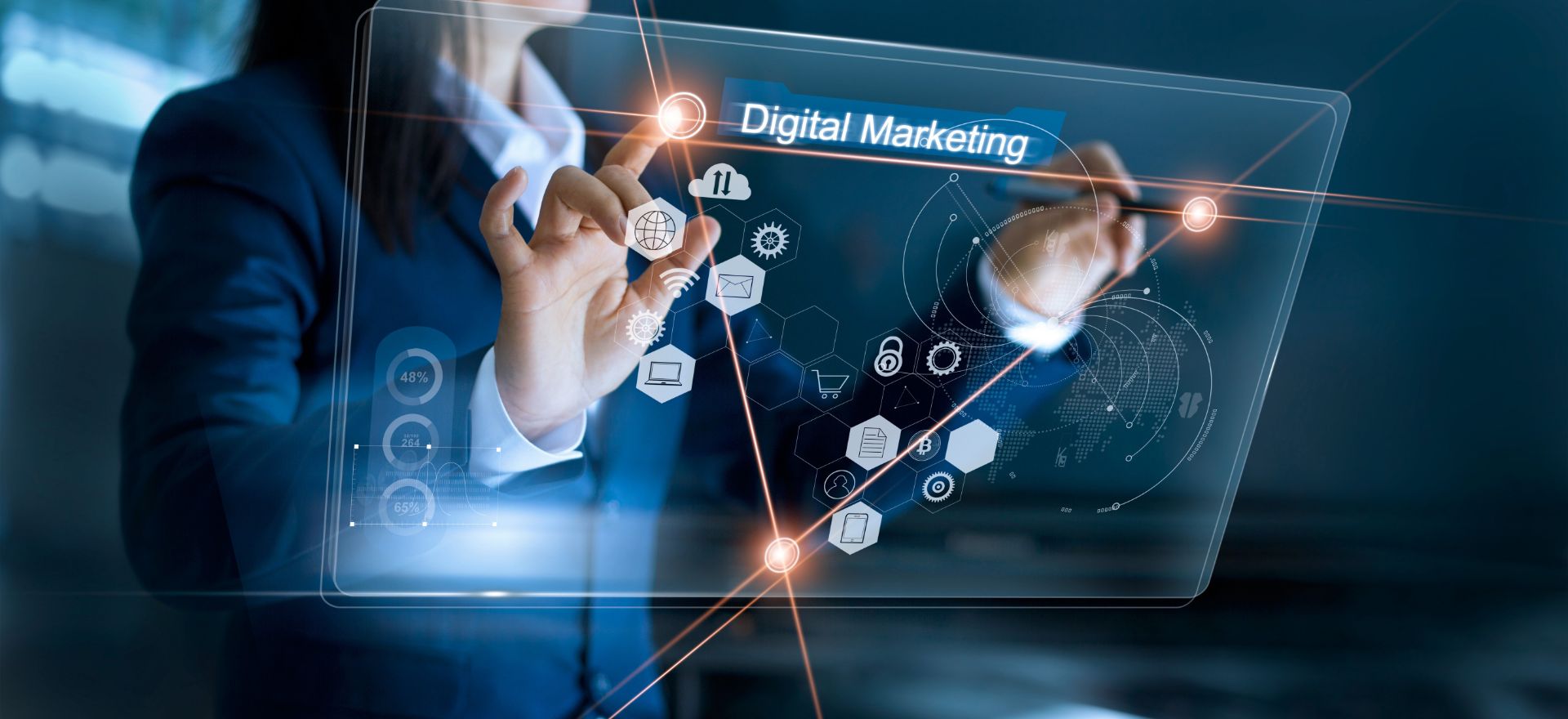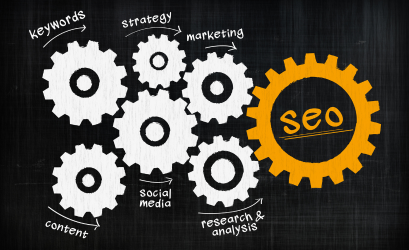Facebook is still an unrivalled tool that can effectively help businesses connect with as many people as possible. While several platforms like TikTok and Instagram have gained considerable traction over the last years, Facebook reigns supreme in terms of users, active participation, advertising and user interaction. When we reach 2025, people expect new trends in Facebook marketing that consider changing consumer preferences and trends in digital marketing. Any company that tends to incorporate these changes will be in a right stand to achieve its intended goals and objectives to grab the attention of its audience.
In this blog post by SAER Technologies, you’re going to learn the five major Facebook marketing strategies that you need to embrace in 2025 concerning new trends, tools and techniques. So, let’s explore what 2025 Facebook marketing might look like starting from Artificial Intelligence and up to creating the augmented reality and/or virtual reality platforms.
1. Embracing Artificial Intelligence for Personalization:
AI has been a buzzword in the marketing world for some time now, and by 2025, AI will be more widely incorporated into Facebook marketing campaigns. AI can help examine large datasets to understand more about clients, anticipate future trends within the market, and streamline many aspects of a marketing communication effort. If you are selling something and want your target market to listen to your message or buy your product, Artificial Intelligence will become the ultimate solution for ‘BYON’ – Bring Your Own Audience.
- AI-driven Personalization:Only four years later, in 2025, it will be even more important to bring AI into play when it comes to custom-made content and ads. It will make Facebook’s current algorithm better at recognizing users’ behaviour and their needs or preferences. They can use this to create very niche marketing communications that appeal to the targeted demographic. AI takes into consideration the reaction of the users, for example, comments, shares and likes and so using these insights it is easy to adjust the messaging, time of delivery and even the content type that is fit for a specific user.
- Chatbots and Automated Customer Service:Companies have already made use of artificial intelligence on Facebook with the use of chatbots and by 2025; these chatbots will become smarter in responding to customer’s complicated inquiries. These chatbots will be NLP enabled helping customers with questions and helping with a quick and reliable response. Companies that implement high-level chatbots into their Fb marketing approach will enhance the facet of consumer’ satisfaction while attending to the company’s internal aspect by optimizing choices’ customer-service replies’ speed and effectiveness.
- Predictive Analytics:Much more accurately, AI will also help predict customer behaviour in any given business market. The application of AI in the analysis of records provides the company with probable rates of customer buying, potential preferences and potential buying capacity. This leads to more tailored ads that would seem more like they’re tailored to the specific individual trying to get them to convert.
2. Using Mobile Augmented Reality (MAR) and Mobile Virtual Reality (MVR):
AR and VR are the elements that have a huge impact on digital marketing, and Facebook is not an exception either. Thus, the company has already spent resources in this area through the acquisition of Oculus and the creation of tools such as Spark AR. Therefore, as most organisations aim at deploying AR and VR in their operations, businesses will have adopted the technologies in their Facebook marketing by 2025.
- Augmented Reality Ads:This essentially means that AR ads will form part of the Facebook ad platform of the future. AR enables the customer to engage with the products in some ways before purchasing them as they come with trial appearances. Various industries, including cosmetics where Makeup brands use virtual try-ons, and furniture where companies let clients virtually place 3D models of products in their homes will benefit from AR to help buyers make informed decisions which in turn will increase the conversion rates.
- Virtual Reality for Brand Experiences:Marketing through Facebook is another technology that is expected to pick up between 2021 and 2025; other technologies include virtual reality. Soon, thanks to the use of Oculus VR headsets and Facebook’s efforts to build a metaverse for people, businesses will be able to offer user-branded experiences in these virtual worlds. From simple avatar-based sales spaces to full-blown metaverse brand zones, VR will allow companies to offer consumers engagement in a new paradigm.
By 2025, the services interconnection between Facebook and AR technologies will be stronger and businesses will be able to create more AR adverts integrated into the feed. This will also positively impact how businessmen present their products in that new ways will be adopted with ease.
In the same year, 2025, it could be possible for companies to host live shows, product unveilings or even customer relations within virtual reality environments. These will create better brand engagement and enable even the brands to better create an association with their audiences.
3. Video Content Will Continue to Dominate:
Video advertising has been a significant factor in Facebook marketing for the previous couple of years and is expected to remain a leading type in 2025. Still, over time, people will be required to change their approaches to video marketing due to new trends and options on the given platform.
- Live Streaming:Facebook live video has been trending and in 2025, it is expected to be on the rise. Live streaming is a way for businesses to engage with viewers, respond to questions, promote a product, and give the perception of being unique. Brands can make their business more personal, believable, and timely (live video is a good opportunity for such actions, like flash sales).
- Short-Form Video:As the COVID-19 pandemic affected everyone, short videos have emerged as the major video content source and, in this regard, we expect that in 2025, Facebook will also retain the focus on short videos propelled by the hit application of the past year – TikTok. The format is suitable to use in creating catchy, associative material that would be easy to consume by a business. The future of ads will require spare, concise messages to convey the entire selling proposition in a few seconds, and often set to music, a joke, or a twist ending.
- 360-Degree Videos:Another type of virtual video content that will become popular on Facebook is the 360-degree video for its users by 2025. These videos always give the viewers some options that help control their point of view more interactively. Thus by adopting 360-degree videos businesses have an extra tool in their marketing mix which allows for product showcase, service provisions, or brand storytelling in an engaging manner.
Live streams will also be more engaging by 2025, incorporating real-time buying known as live shopping where a user can buy something during a broadcast. The live stream will be improved by integrating AI, especially in the area of product recommendations and content curation in real time.
As far as its impact on video creation, Facebook will perhaps improve its video tools that will give its users a space to upload more numerous and better editing and interaction capabilities as well as far better ways of monetizing content and such forms of content as video-hosted short-form content. This means that businesses need to agree with this new trend of quick and easy-to-watch videos while preserving their unique identity.
4. Increased Institutes Of E-Commerce Integration:
Specifically, with the e-commerce focus on Facebook, the sample has high growth potential in the projected period of up to 2025. Some of the app’s native commerce features, like Facebook Shops, are already enabling businesses to sell goods within the app. This functionality, in 2025, will be part of a larger and finer system as illustrated in the following.
- Shoppable Posts and Ads:The experts are optimistic that by 2025, users will be able to directly shop from their feeds featuring shoppable posts within the Facebook market. These posts enable business pages to give products a direct tag in the content, thus enabling users to purchase within the app. These shoppable posts will in the future be made to evolve with the AI system showing the user the products that they are most likely to buy given their behaviours.
- Social Commerce:The largest share will be attributed to social commerce contributing towards Facebook’s e-commerce plan in 2025. As the marketplace feature grows on Facebook and the incorporation of AI into the recommendations program, the business will experience an even stronger platform to advertise and sell products. Facebook will continue to transform its platform as a marketplace where brands gather their storefronts allowing the shopping to happen right within Facebook’s app.
- AR and VR Shopping Experiences:Earlier, we pointed out that both AR and VR will change the way customers shop on the site, which is known as Facebook. By 2025, it will be possible to provide customers with the opportunity to virtually wear the clothes, see the product from all sides, and even shop in full-featured VR stores that would allow users to wander through showrooms and make purchases.
5. Privacy and Data Security:
As the user’s data privacy becomes a pressing issue, more emphasis will be put on the social network’s developments in privacy and discrimination of available advertising options for advertisers. Companies will be forced to communicate more regarding the method by which they gather and utilize data from customers by 2025. Privacy regulations such as the GDPR will persist in influencing how marketing is conducted on the Facebook platform and organizations will be bound to adhere to these regulations to avoid running afoul of the law.
Facebook will probably let users have finer control over their privacy settings and businesses will need to make sure they respect these settings while at the same time, giving users personalized experiences. Both ethical use of the data and data transparency will be important for consumer credibility.
Conclusion
Facebook marketing as we look forward to the year 2025 is therefore going to improve with technologies, user behavior changes and aspects of personalization. Technologies like AI, AR, VR, video content, and e-commerce can all be incorporated much more easily to create stronger and more impactful marketing programs. On the same note, companies have to be sensitive to customer privacy and should not exploit the collected customer data in the wrong way. If you need specialists for Facebook marketing with expertise in these developments, you can trust SAER Technologies.
Based on this, businesses should carry on exploring new tools, adopting various trends and focusing on providing the best customer experiences in marketing. Facebook will continue to be a very influential tool in reaching out to your targeted audience and Marketing in 2025 will need to take full advantage of modern trends as well as reflect the company’s values.









